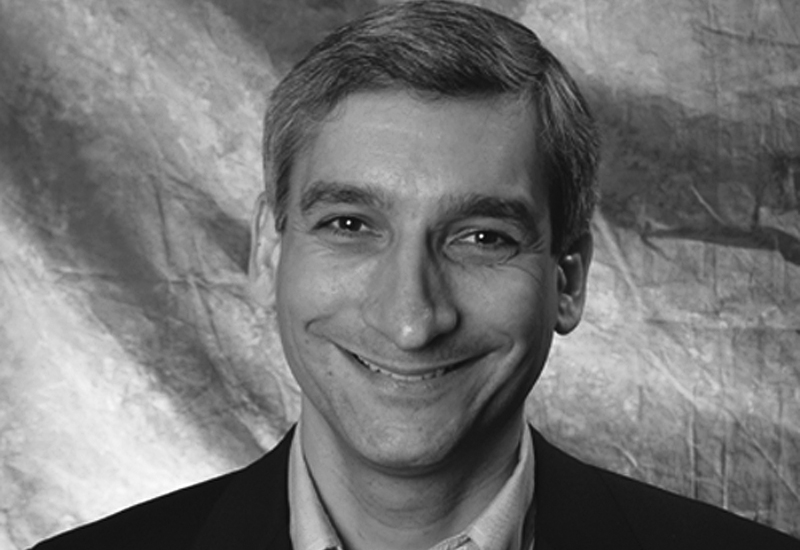Secondly, Saudi culture does not perceive the hospitality industry to offer “very socially respected career paths,” he says.
“This is changing, but generally speaking, parents here look down on their children — especially when they have a very good education — when they appear to be subservient to others, foreigners and Saudis alike. So this is a cultural issue that we are not going to change overnight.
“This is distinctively different to Oman and Bahrain — for example, your taxi driver is Bahraini,” he says.
Thirdly, the industry is limited in terms of the specific hotel careers it can attract Saudis to, with front office, reservations, revenue management, accounting and sales and marketing the main fields.
“You will never see a Saudi in the kitchen cooking. You will very rarely see a Saudi in F&B service on the frontline. It’s almost taboo,” he adds.

Advertisement
Gradual change
Despite this, Finamore does predict a change in perception of the industry in the not too distant future.
Interestingly, he likens it to a similar experience in the UK hotel industry.
“In the mid-80s I worked at Hilton Park Lane in London and even at that time the vast majority of young people that we hired to work in F&B service and even front office, were from Germany, Holland, France, Italy etc — we found it very difficult to appeal to young British students.
“Parents were not very encouraged by putting their children through university education and then having them end up working in a hotel, so Saudis are not that dissimilar in respect to their perceptions of the industry they are working in,” he reveals.
“I think that’s going to change and there are a few young people we’ve identified for those areas now who actually enjoy that work. It comes back to peer pressure and what impact their family has on how they are perceived and how they judge themselves. We’re hoping that over time the hospitality industry will become more respected.”
This will be boosted by the College of Archeology and Tourism, part of the King Saud University, which will pump out its first graduates in 2010.
Up until now, Rosewood has worked largely with high school students and community colleges, so the graduates will provide a new level of trainee. Over the summer, for example, Finamore recruited 15 Saudi students from the College for a two-month training course.
“The university programme has identified highly qualified Saudi Nationals. It’s pretty stringent and well received, combining real world training with academic experience, and so we’ve worked with the college to establish the type of training that will enable the students to have a good cross section of understanding, practical and theoretical, in F&B and rooms,” says Finamore.
“The students were very participative. The only thing we encountered is that some had very basic English language competency; this is something that they need to work on and it is detrimental to them. It’s something that the university is aware of and needs to work on more diligently. Overtime, we’ll see the level of education rise and we’ll also see more commitment from the education system in Saudi Arabia to the development of the hospitality industry,” says Finamore.
In addition, to help Rosewood continue to recruit the cream of the crop. he says they work actively to recruit from hotel schools around the world who have GCC students who want to enter the industry in the Middle East.
And with the Saudisation targets expected to grow in time, plus the new hotel rooms expected to come on the market in 2011 and 2012 that will require Saudi staff (Rosewood itself it looking at development throughout the Kingdom) it is vital that every attempt to attract — and keep — Saudis in the sector is made.









 Search our database of more than 2,700 industry companies
Search our database of more than 2,700 industry companies










Dec 19, 2009 , Saudi Arabia
Indeed, I agree. In other hand, There are some Saudis atarted to study the hospitality in some of the world leadest university in this feild. The Hotels in Saudi Arabia should pay more attention to the recruitment. Most of the Hotels bring some Saudis who dont know how speak english & who dont ha...
Dec 7, 2009 , Saudi Arabia
Hi I read the full article as Mr Finamore said its true cz Im working with saudis as well